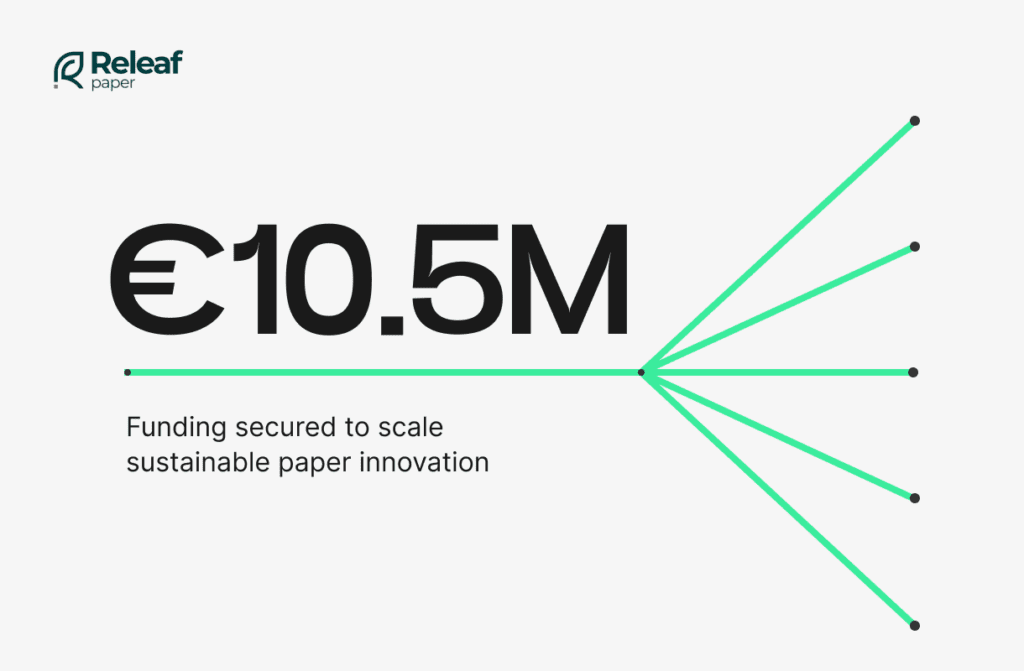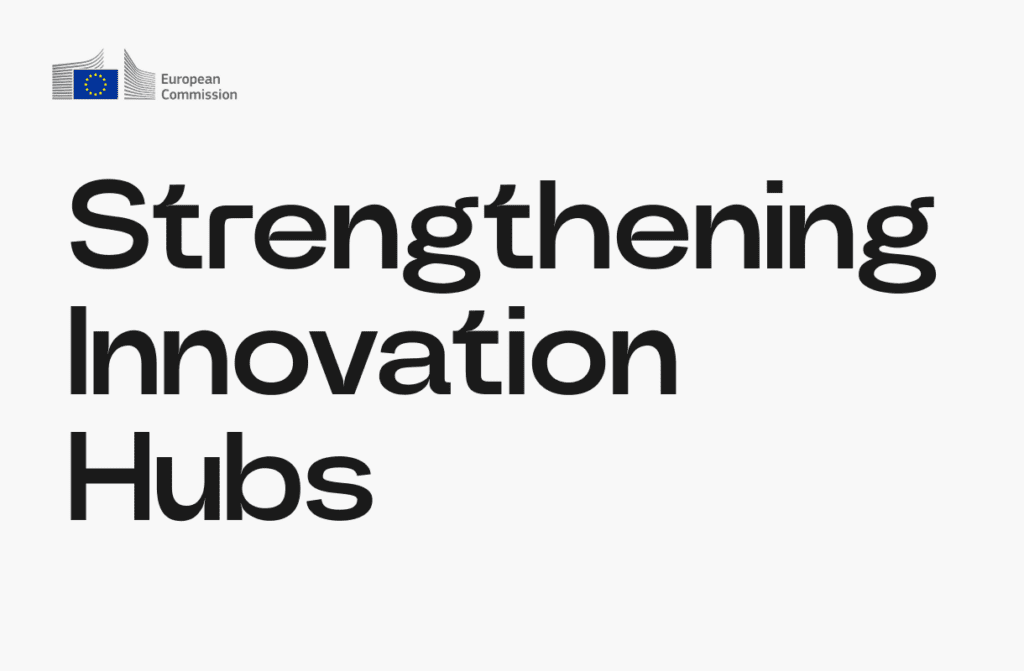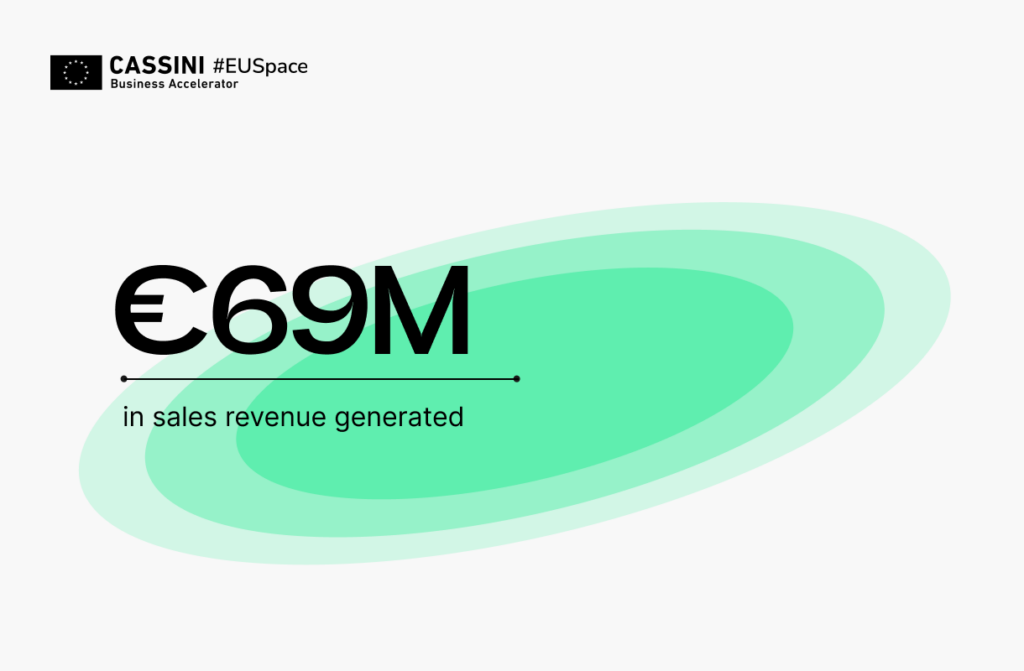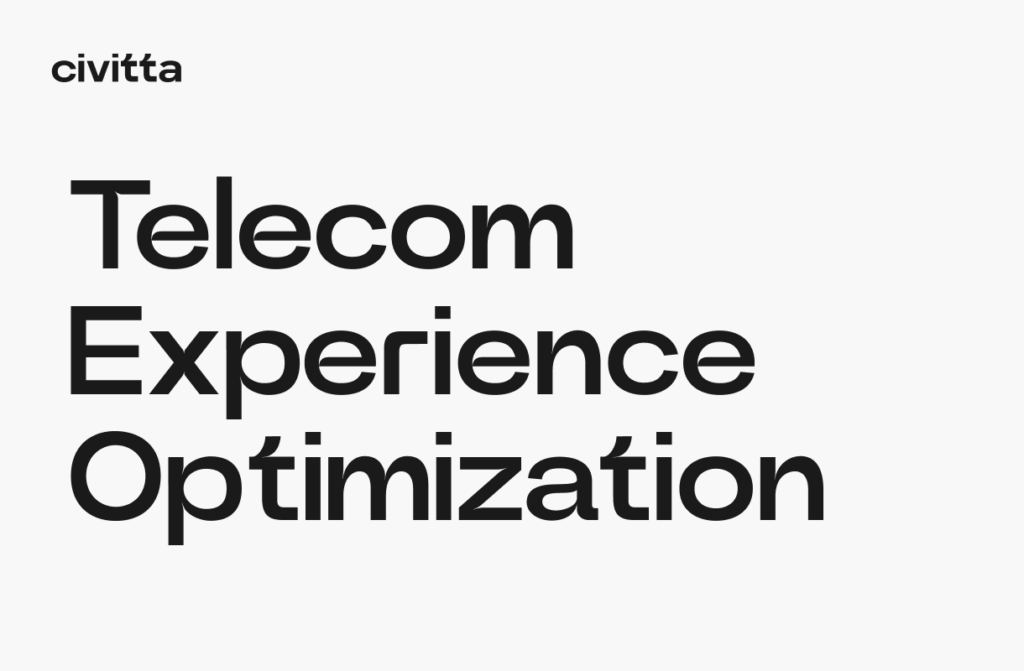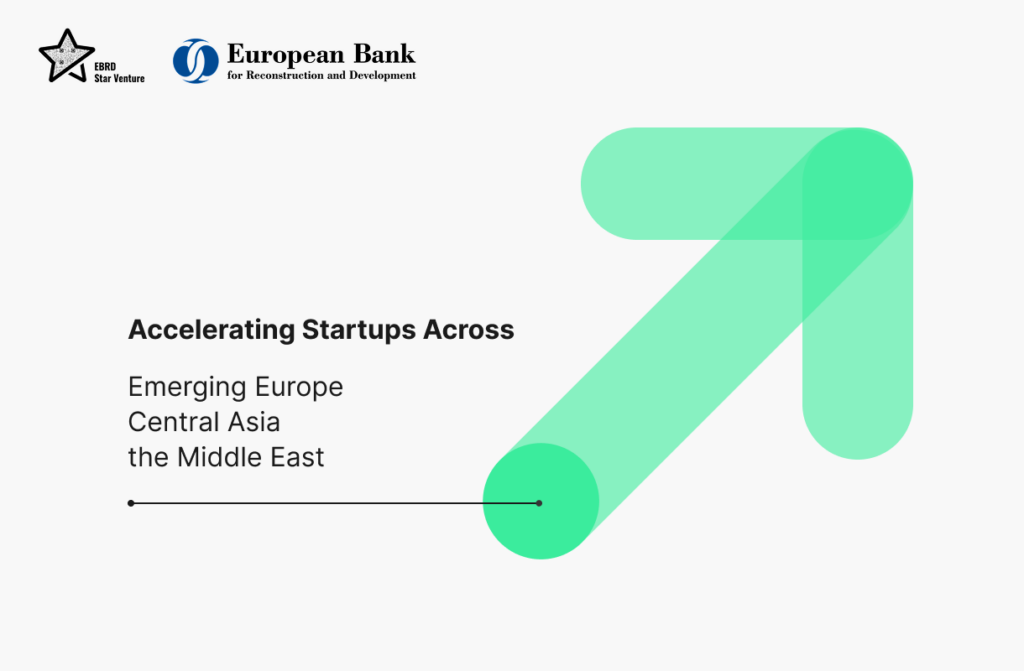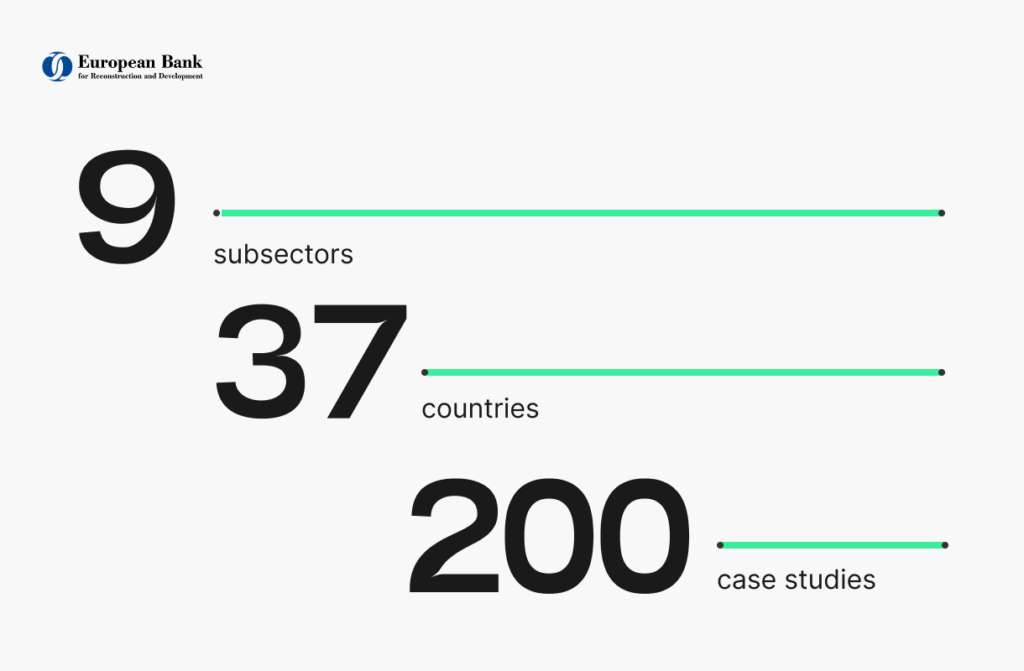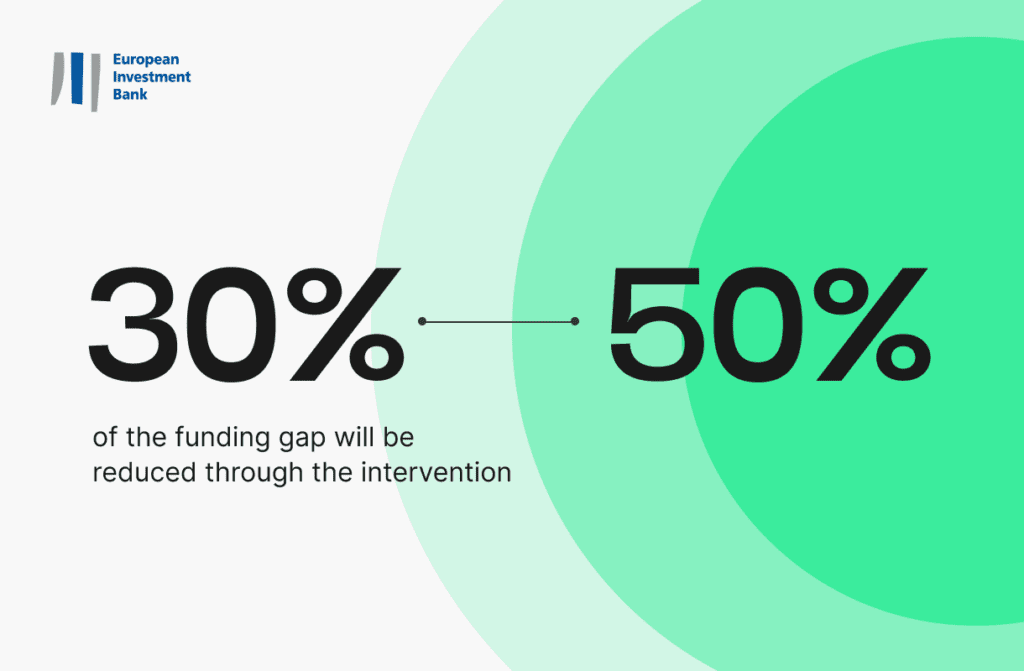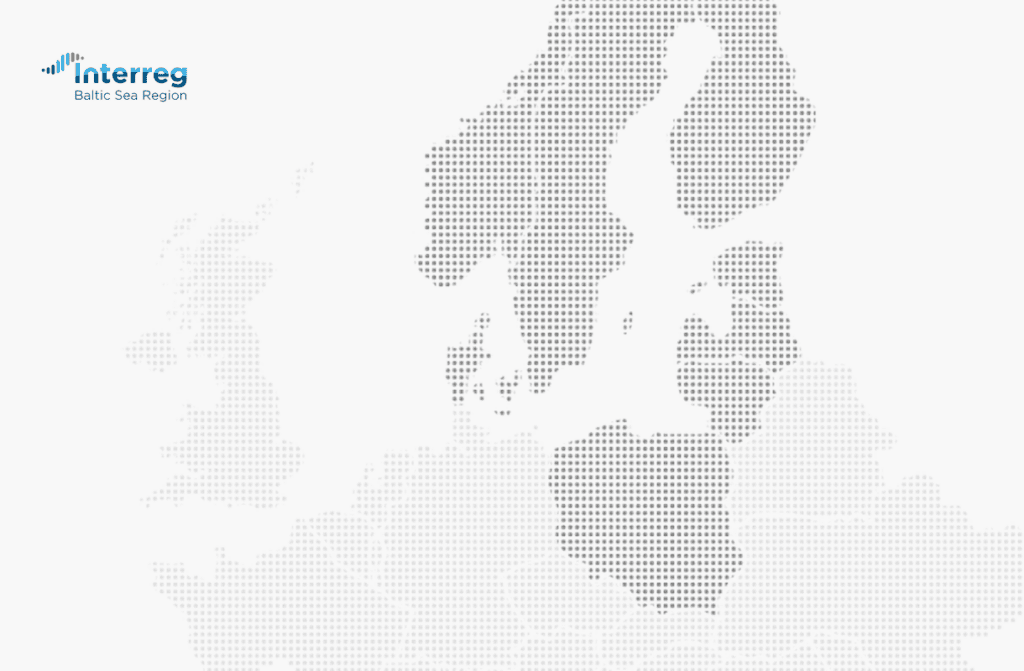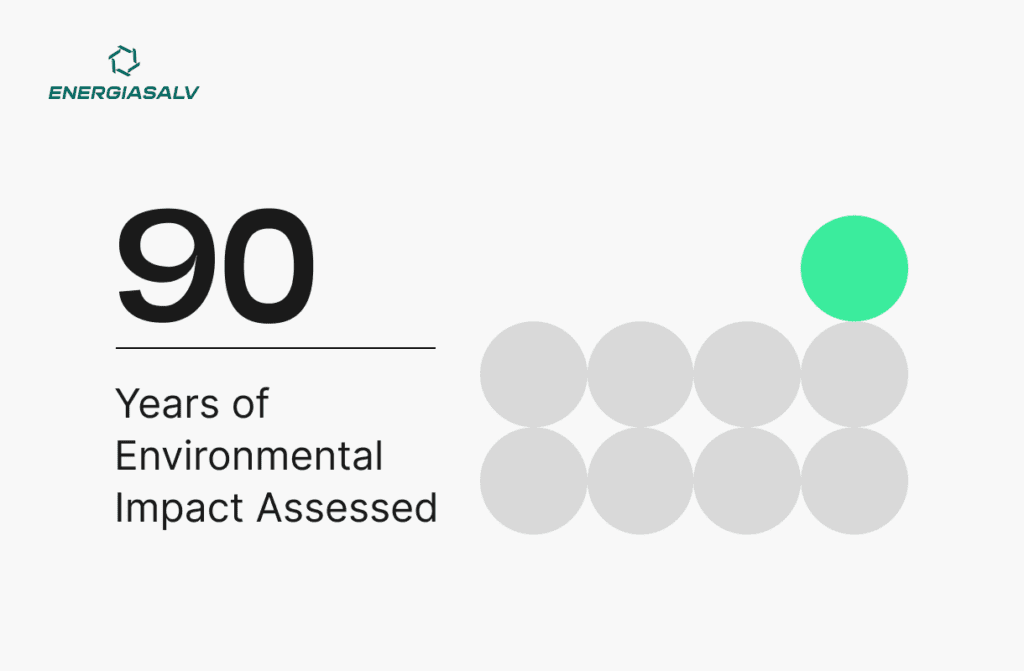Strengthening healthcare financing reform in Uzbekistan
Client
Deutsche Gesellschaft für Internationale Zusammenarbeit (GIZ) GmbHClient overview:
The Deutsche Gesellschaft für Internationale Zusammenarbeit (GIZ) GmbH is a German development agency offering a broad range of services in international development cooperation and sustainable development.
In this case study, GIZ’s objective was to provide expert consulting and support to Uzbekistan’s public sector (Ministry of Health (MoH) and State Health Insurance Fund (SHIF) in implementing the National Health Strategy. The collaboration centers on expanding and strengthening state health insurance mechanisms nationwide, with the ultimate goal of improving access to affordable, high-quality healthcare for all citizens.
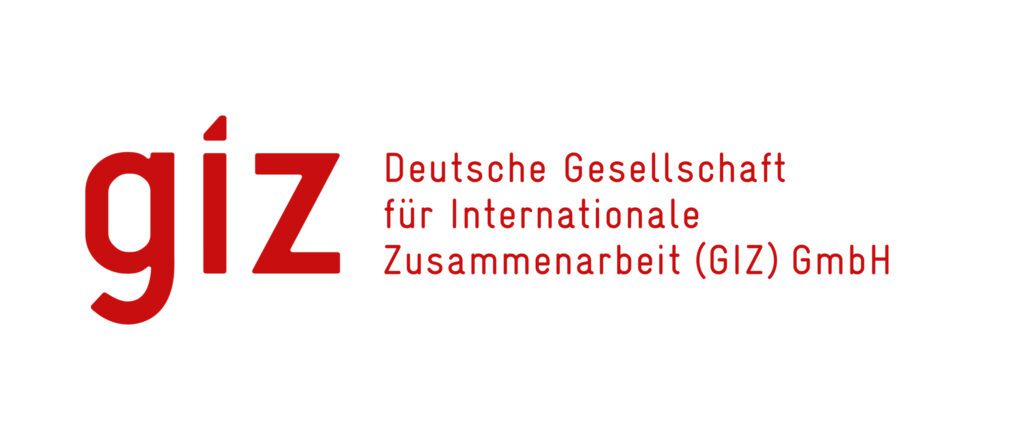
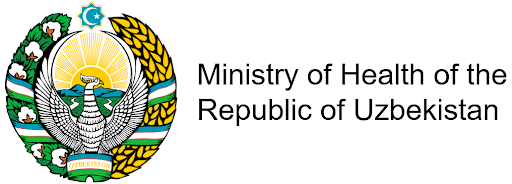
Challenge:
At the start of this case study, the Uzbek healthcare system was undergoing a fundamental transformation, with the reform process already underway. In particular, the concept of the State Health Insurance Fund (SHIF) and strategic procurement of healthcare services was introduced in 2018. Pilot projects were launched in Syrdarya in 2021 and Tashkent in 2024.
However, during the scaling-up phase, it became clear that several issues could jeopardize the entire reform. Specifically, the Ministry of Health and SHIF had limited technical and institutional capacity to effectively manage strategic procurement and reimbursement systems.
Uzbekistan’s policy and regulatory frameworks required adjustments to ensure a smooth expansion. Additionally, new regions such as Karakalpakstan lacked clear guidance on the process.
Finally, there was a staffing gap: Uzbekistan lacked experienced specialists capable of properly launching a large-scale transformation before long-term consultants were deployed.
These challenges highlighted the need for international support and expert guidance.
Our approach:
Our team was brought in to provide short-term, high-impact consulting support to bridge the knowledge gap during this critical phase of Uzbekistan’s healthcare reforms. To ensure practical and tailored guidance, we implemented the following key steps:
- System Diagnosis: we began with an in-depth assessment of how medical procurement is currently handled — including payment models, claims processes, and benefit packages. This diagnosis allowed us to design a consulting strategy that aligned with the region’s specific context.
- Policy Advice: we supported MoH and SHIF with targeted policy recommendations, encouraging them to advocate for updated laws and regulations to facilitate the ongoing transformation.
- Regional Support: we developed a step-by-step model for rolling out the new financing system in Karakalpakstan and other future regions. This included guidance for hospitals and regional health authorities to ensure smooth implementation.
- Institutional Assessment: we evaluated the human resource capacity of the healthcare system and crafted a tailored HR capacity development strategy for the MoH, SHIF, and regional health departments.
- Capacity Building: we brought in international mentors and organized a series of workshops for trainers in Syrdarya, Tashkent, and Karakalpakstan. These efforts strengthened cooperation among government bodies, regional units, and healthcare providers.
Results & impact:
As part of our engagement, we focused on delivering practical results that would have both immediate and long-term value for Uzbekistan’s healthcare reform. Here’s what we achieved:
- We provided MoH and SHIF with a clear roadmap and hands-on technical guidance to help scale reforms across the country. This gave decision-makers confidence and structure during a critical transition phase.
- We designed and delivered tailored training programs that equipped regional SHIF branches and hospital managers with the knowledge and tools to implement new financing systems effectively.
- Our advisory work fed directly into updates to key laws and regulations, helping improve the way strategic purchasing and reimbursement are managed in the healthcare system.
- We helped set the stage for long-term technical advisors to step in with minimal disruption. This early preparation helped prevent delays and ensured continuity in reform efforts.
- Several of our recommendations included improvements to purchasing arrangements and new business plan templates for SHIF. We also supported the phased rollout of case-based payments, built upon the training and capacity building measures we delivered.
- Training the trainers for National Rollout:
- Between October and December 2024, we organized a cascade Training of Trainers (ToT) program to support nationwide implementation with two ToT sessions in Tashkent and Nukus.
- Trained 16 master trainers from the MoH, SHIF, and healthcare facilities.
- These trainers then led follow-up sessions across Karakalpakstan, building local capacity in strategic purchasing, claims processing, and financing mechanisms.
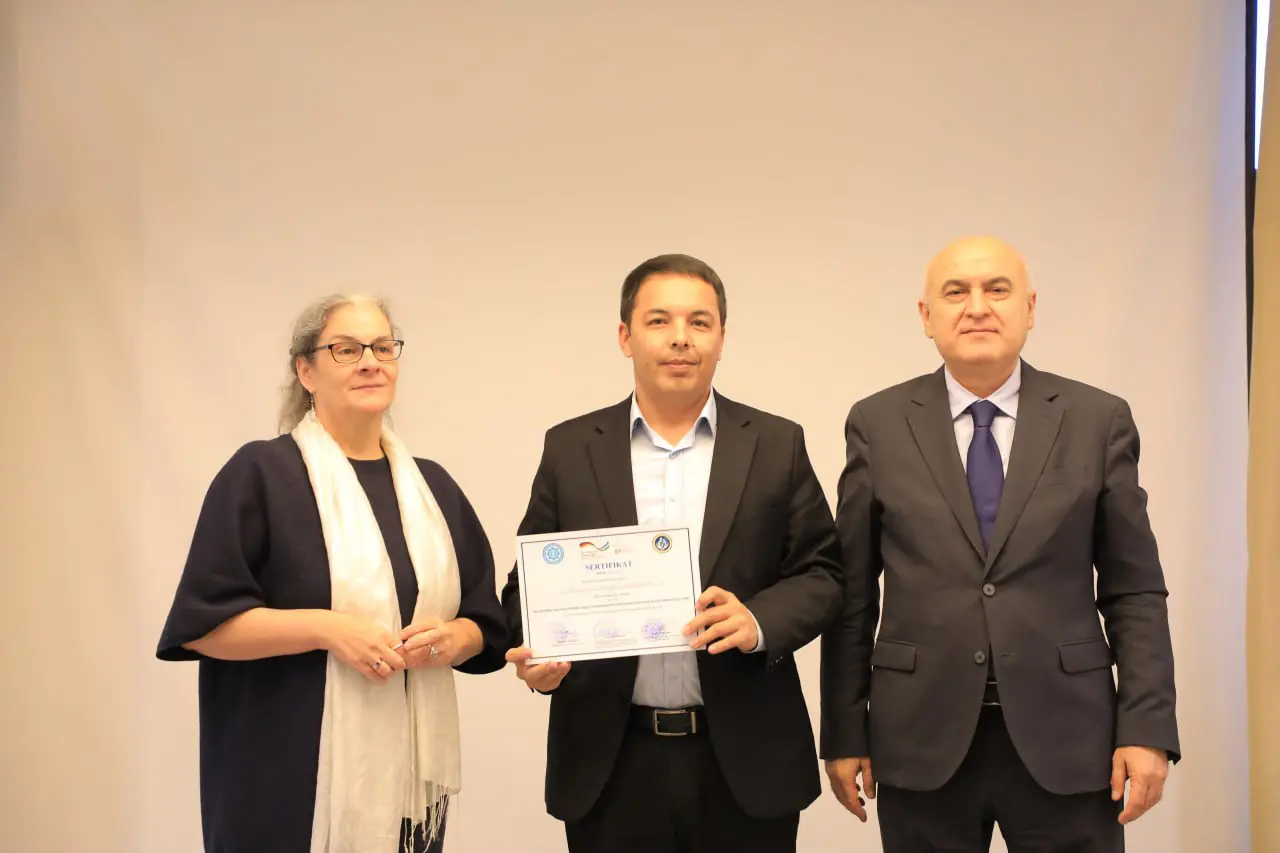
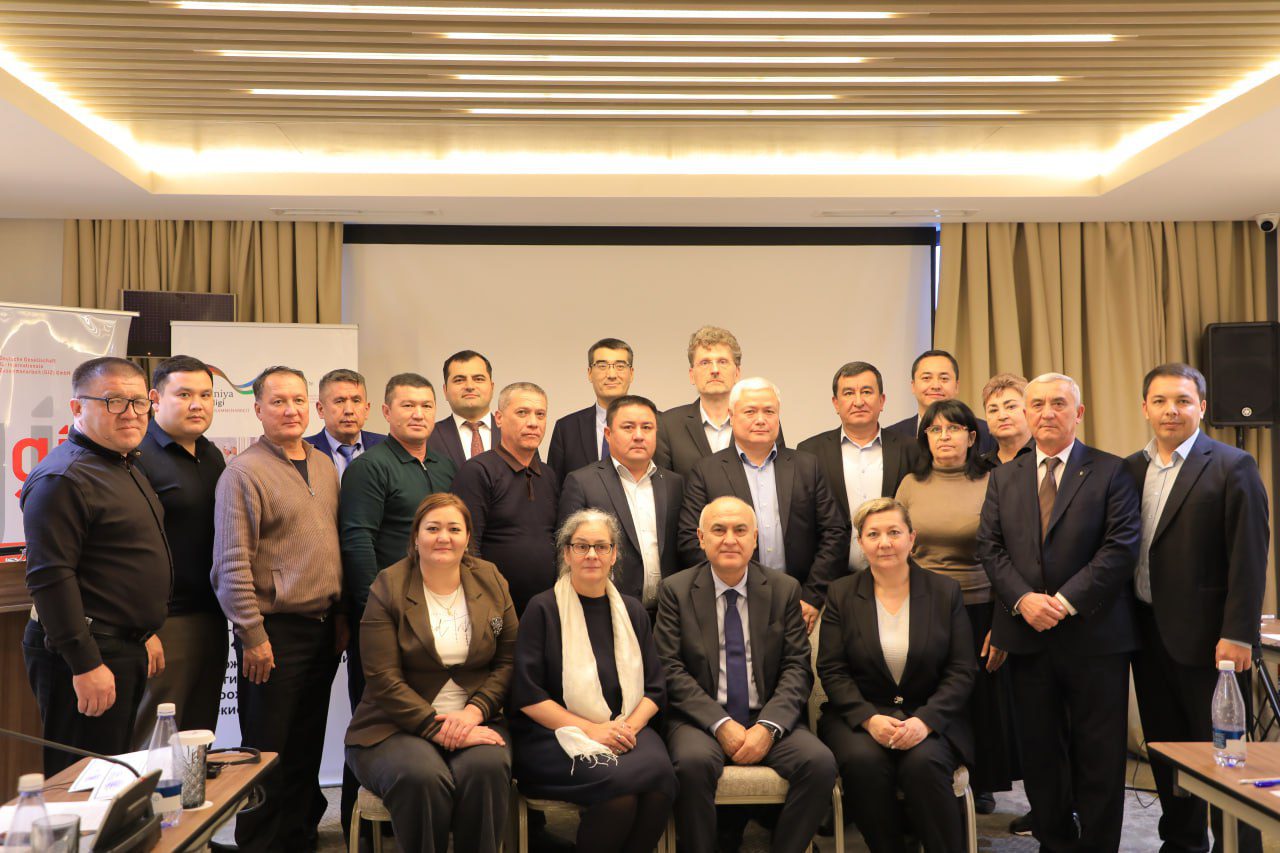
Key Takeaways:
Short-term support delivers a big impact. Focused advisory interventions, even over a limited time, can successfully fill critical expertise gaps during complex reform efforts.
A comprehensive approach drives results. Blending policy advice, institutional assessments, and hands-on support in pilot regions creates a scalable and effective reform model.
Early technical input prevents setbacks. Timely guidance helps avoid costly delays, improves resource planning, and builds confidence among stakeholders.
The Uzbekistan experience showcases Civitta’s ability to support national health insurance reforms in emerging markets by adapting global best practices to local needs, delivering rapid, high-impact advisory services during critical transition phases, and guiding complex, multi-stakeholder reforms through effective coordination across ministries, agencies, and healthcare providers.


